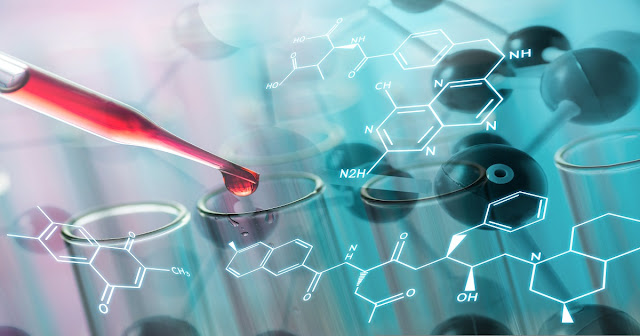Lifescience Reagents Used Primarily In Biotechnology, Pharmaceuticals, And Life Sciences
 |
| Lifescience Reagents |
The development of test kits and solutions, various assays,
and culture media are the main uses of Lifescience Reagent in the
biotechnology, pharmaceutical, and life science sectors. In addition to this,
chromatography and spectroscopy are other fields in which these reagents are
used.
Life science reagents are essential tools for conducting
research and diagnostics in the field of life sciences. These reagents are used
in a wide range of applications such as cell culture, molecular biology,
immunology, biochemistry, and genomics. They are an integral part of many
laboratory workflows and are used to identify, purify, quantify, and manipulate
biological molecules and cells.
The Global Lifescience Reagent Market Was Valued
At US$ 33,754.0 Million In 2017, And Is Expected To Witness A
CAGR Of 7.3% During The Forecast Period (2018–2026).
Life science reagents are available in various forms such as
enzymes, antibodies, dyes, buffers, and kits. Enzymes are used to catalyze
specific biochemical reactions, while antibodies are used to detect and bind to
specific molecules or cells. Dyes are used to visualize or stain cells, and
buffers are used to maintain the optimal conditions for enzymatic reactions.
Kits contain a combination of reagents and protocols for specific applications
such as PCR, ELISA, and Western blotting.
One of the major areas of life science research is genomics,
which involves the study of genes and their functions. Genomic research
requires a wide range of reagents such as nucleic acid extraction kits, PCR
reagents, and sequencing kits. Nucleic acid extraction kits are used to isolate
DNA or RNA from various sources such as blood, tissues, or cells. PCR reagents
are used to amplify specific DNA sequences, while sequencing kits are used to
determine the nucleotide sequence of DNA.
Another important area of life science research is
proteomics, which involves the study of proteins and their functions. Proteomic
research requires a wide range of reagents such as protein extraction kits,
protein quantification kits, and antibodies. Protein extraction kits are used
to extract proteins from various sources such as tissues or cells. Protein
quantification kits are used to measure the amount of protein in a sample,
while antibodies are used to detect and bind to specific proteins.



Comments
Post a Comment